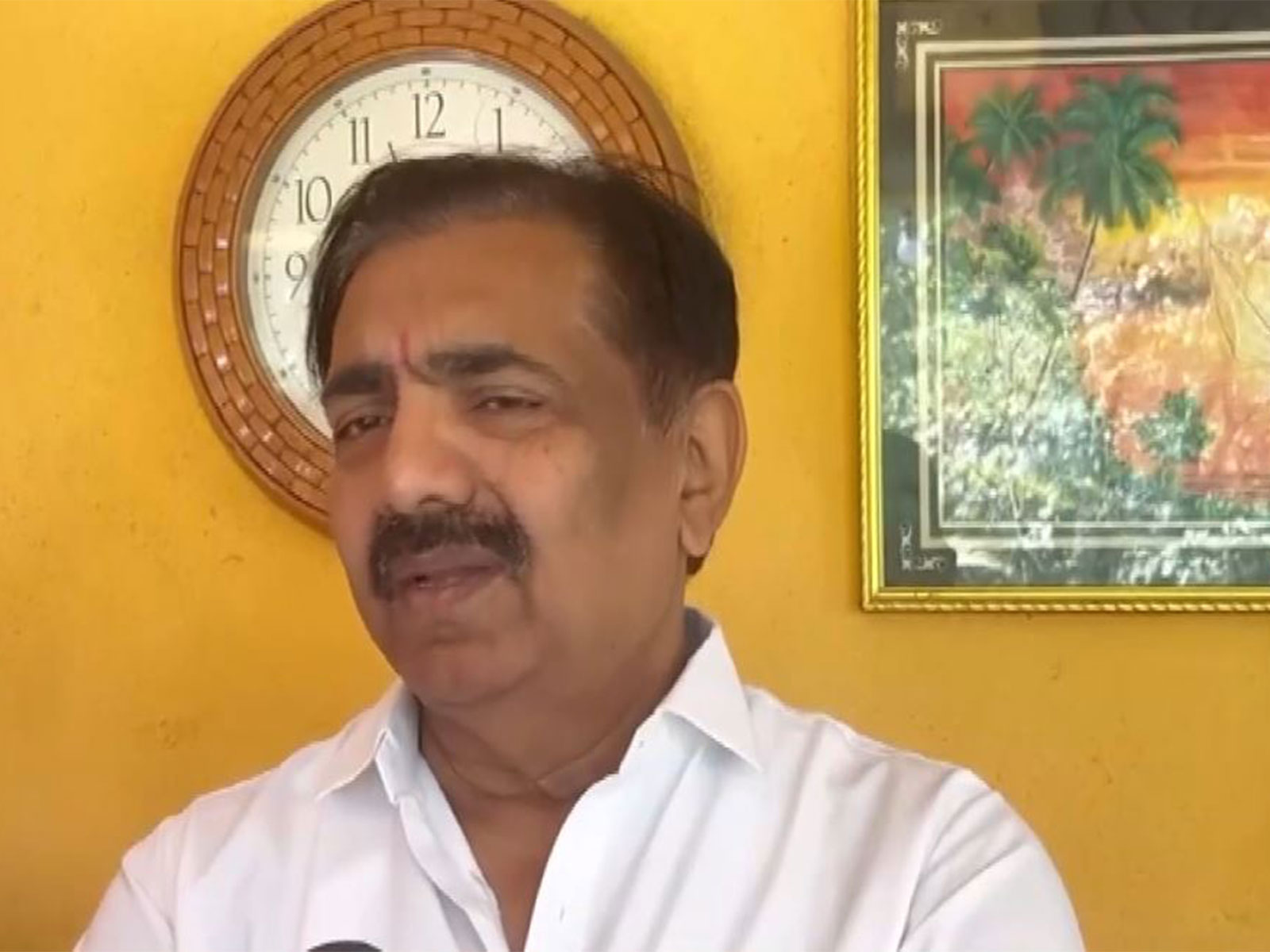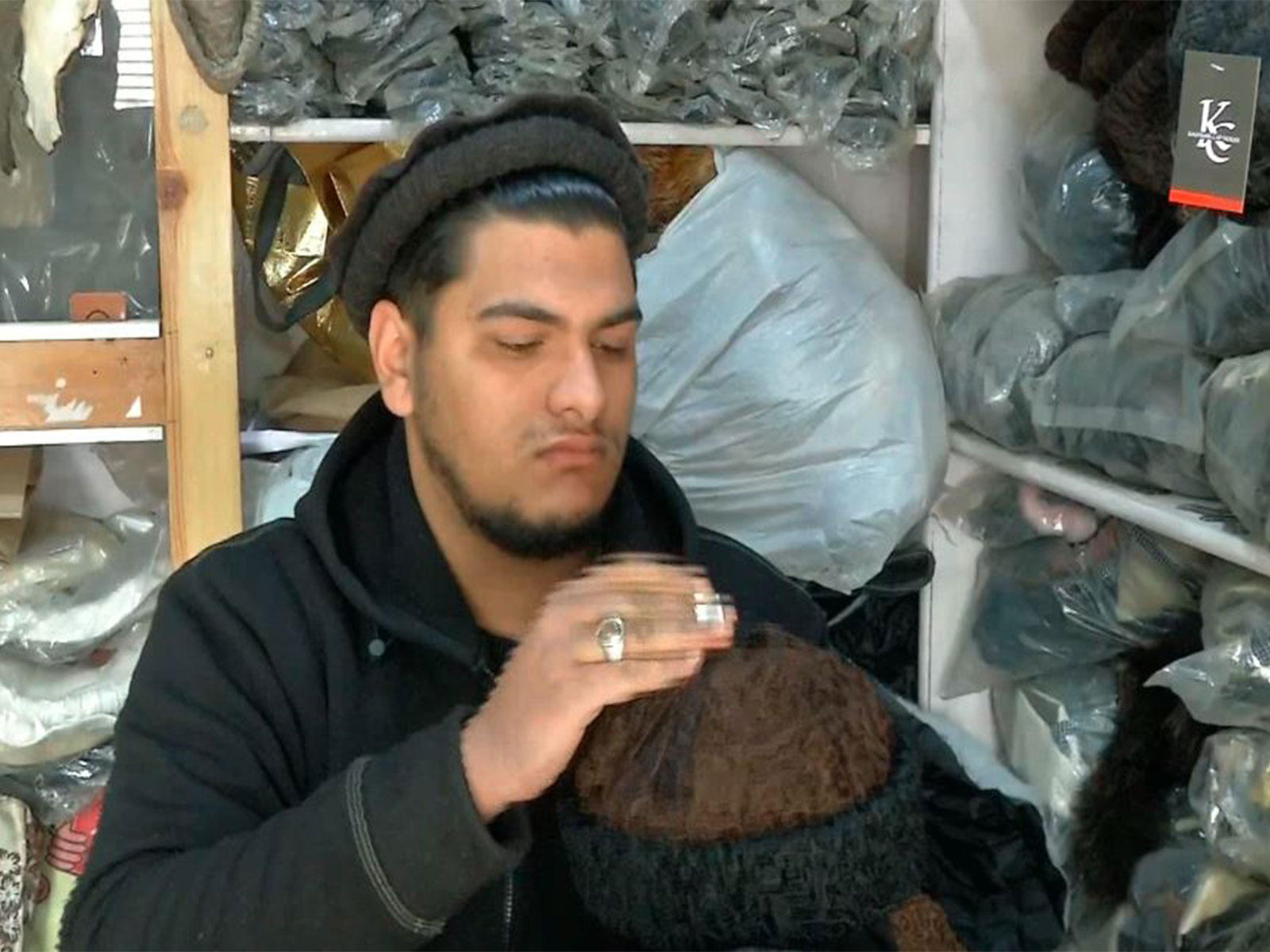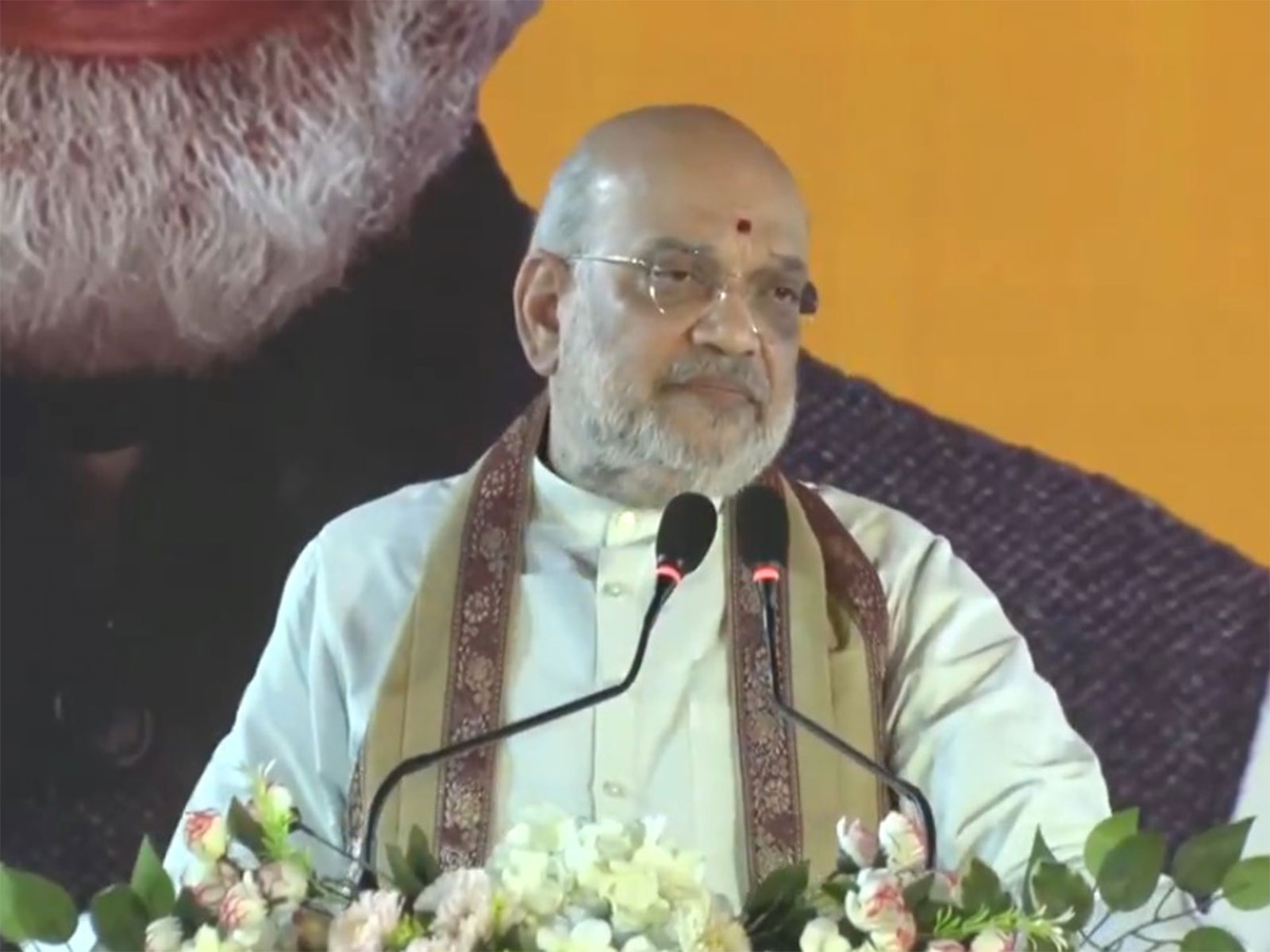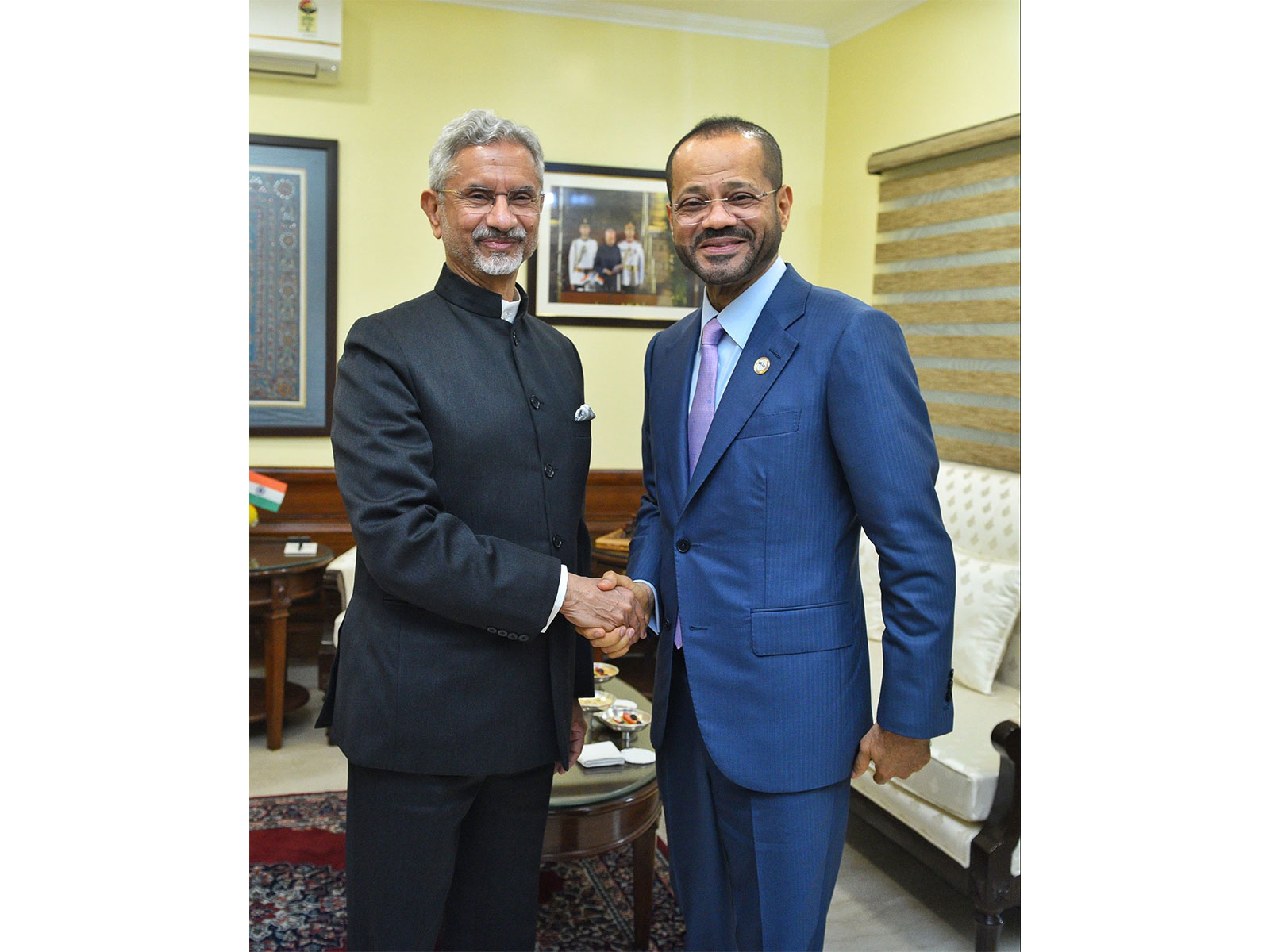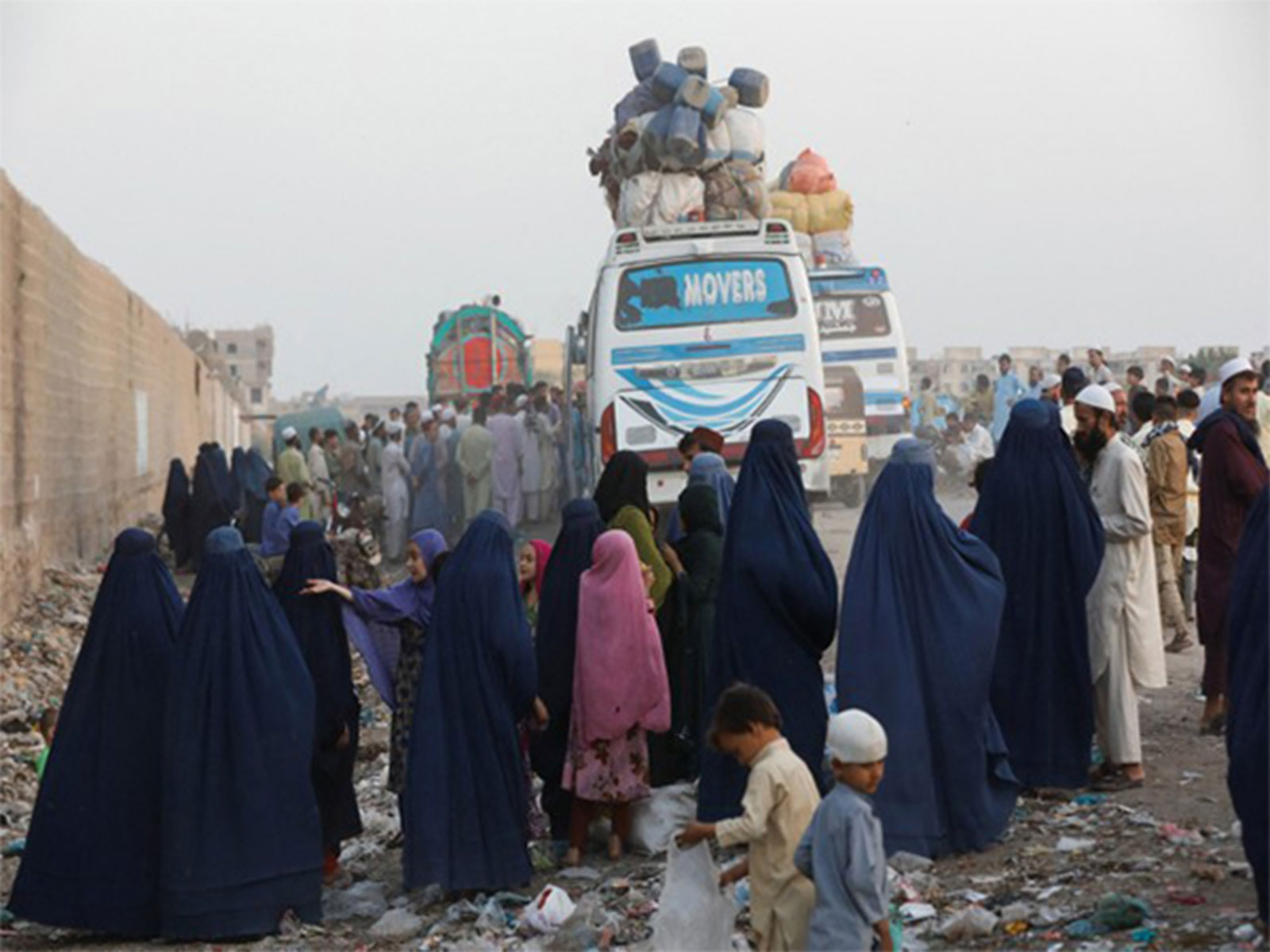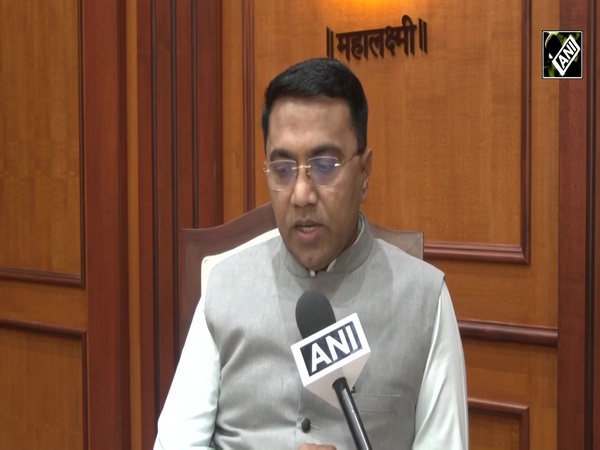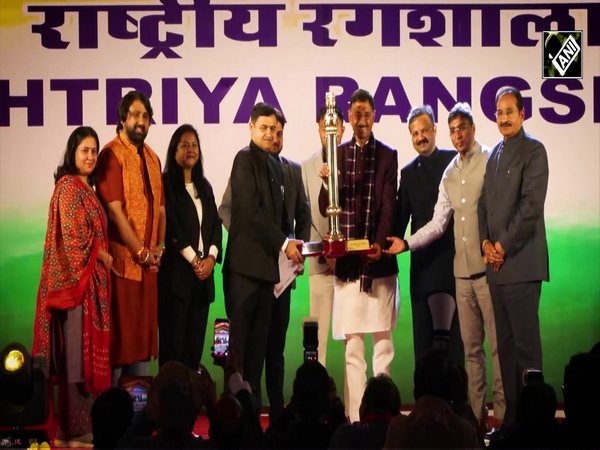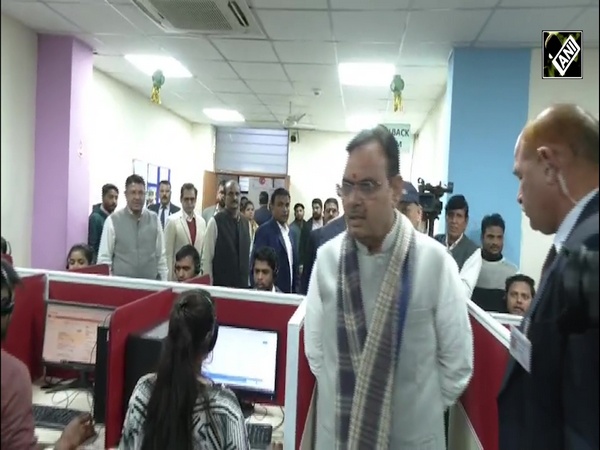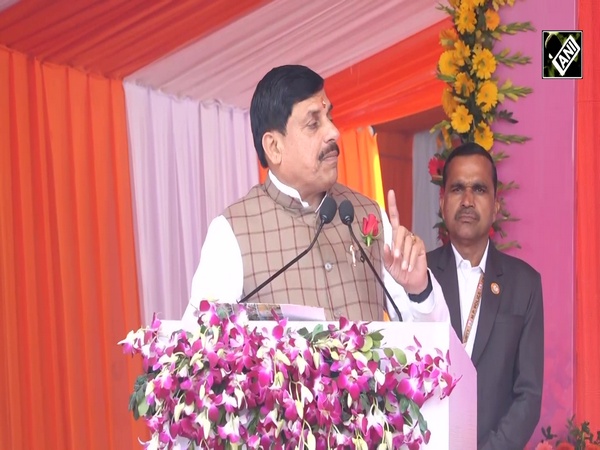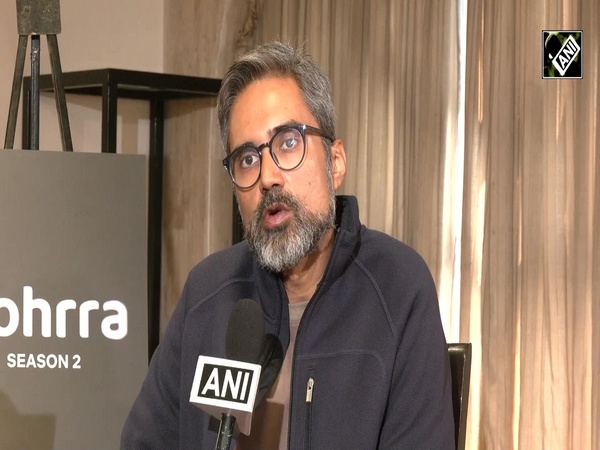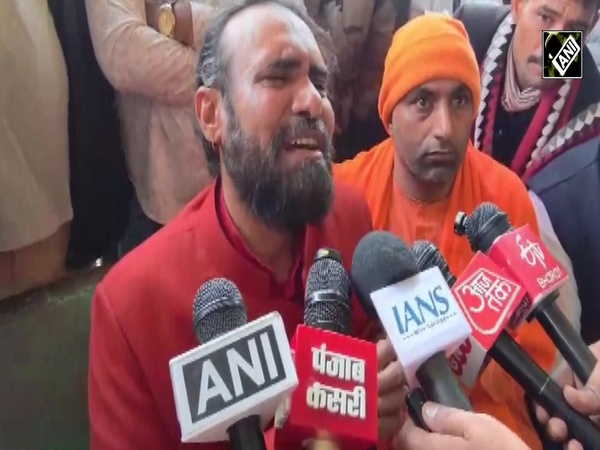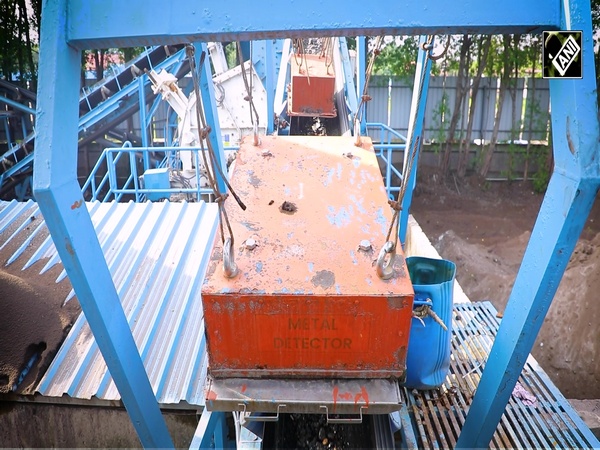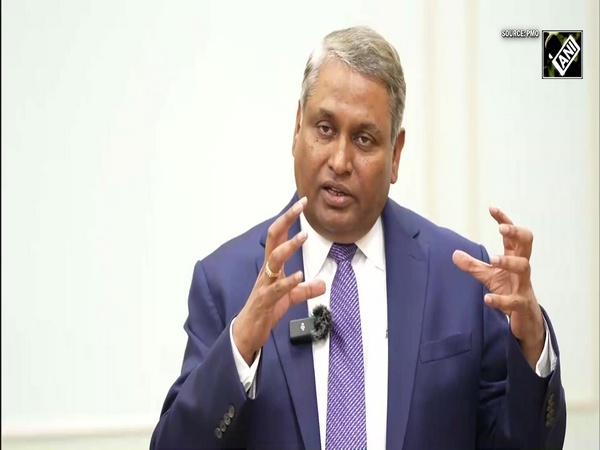Staggered payments, rise in input costs, stray cattle menace continue to grapple sugarcane farmers in West UP
Feb 13, 2022

By Joymala Bagchi
Bareilly (Uttar Pradesh) [India], February 13 : Several sugarcane farmers belonging from the western region of Uttar Pradesh say that besides other issues, the one that bothers them most are issues related to delay in payments by mills, rise in cost of fertilizer and pesticides.
The farmers also struggle with the high price of sugarcane seeds, which they locally call 'ankh'.
Sugarcane, once sowed, grows two times. Depending upon its variety and sowing time, it takes about 12 to 18 months to mature. The months of January to March is the planting period and December to March is the period of harvesting.
However, the recent heavy rain in the month of January in most of the districts in the cane belt has affected its production and supply to mills in several parts of the state.
The farmers say that in January they incurred loss as many failed to supply sugarcane and others found their fields waterlogged due to which they were unable to harvest their crop.
Speaking to ANI, cane farmer Pravesh Singh said, "There are several factories that not cleared dues for more than a year. In addition, the rise in the input costs leave us with zero profit. And the sad part is after so much work and supplying canes to the mills we also have to take loans with high interests to prepare for the next term of sugarcane. What else are we supposed to do? We do not have money."
Ramchandra Sagar, another cane farmer, said, "I have not received the payment since last one and half years. I do not know how will I bear the cost of my daughter's marriage. I can't take loans anymore. I am completely dependent on that payment which is being due for so long."
However, the picture was a little different in two-three mills in Bareilly where farmers said they received the payment on time but the majority of the farmers strive to earn a living due to lack of cultivable land.
The situation further deteriorates for farmers who do not have land of their own and grow the crop on other's land.
Dilip Singh, who does not own land of his own, said, "We work in other's field and thus for us the payment differs a lot. We prefer selling the canes in Kolhus. The rate ranges from Rs 230 to Rs 250, but here we get the money and that too immediately. We know we are running at a loss but still, it has become our one-stop solution to get immediate money, especially for those of us who don't own land."
One tractor-trolley consists of around 60 quintals of sugarcane. The government has locked the price of sugarcane at Rs 325 per quintal.
Moreover, following the rules of the state government, the cane commissioner has fixed up farmers according to their areas where they have to sell their canes to that particular mill only.
"This means even when there are delayed payments, we still have to sell our quintals to a particular mill only," said a cane farmer from Babura village.
The finest quality of sugarcane gets exported to various countries abroad, however, the export part has been affected following the COVID pandemic.
The recent Uttar Pradesh Ganna (Poorti Tatha Khareed Viniyaman) (Dwitiya Sanshodhan) Adhiniyam, 2021 passed by the state government provides extra added powers to government officials to recover the dues from the sugar mills.
Most of the farmers that ANI spoke to, said that at present they are very troubled due to the stray animals such as nilgai, cow, buffalo and wild boar that enter the fields and eat/damage the crops.
In loss or meagre profit margin, the farmers either have to guard their own fields or hire one to guard during the night.
A farmer, Raja Kurmi said, "Throughout the day we work in the field and cannot sleep properly even at night fearing animals will damage our crops. We stay alert but it is taking a toll on our health now."
Being an all-weather crop that can also bear the impact of change in weather, more farmers are getting inclined toward sugarcane cultivation despite the loss.

